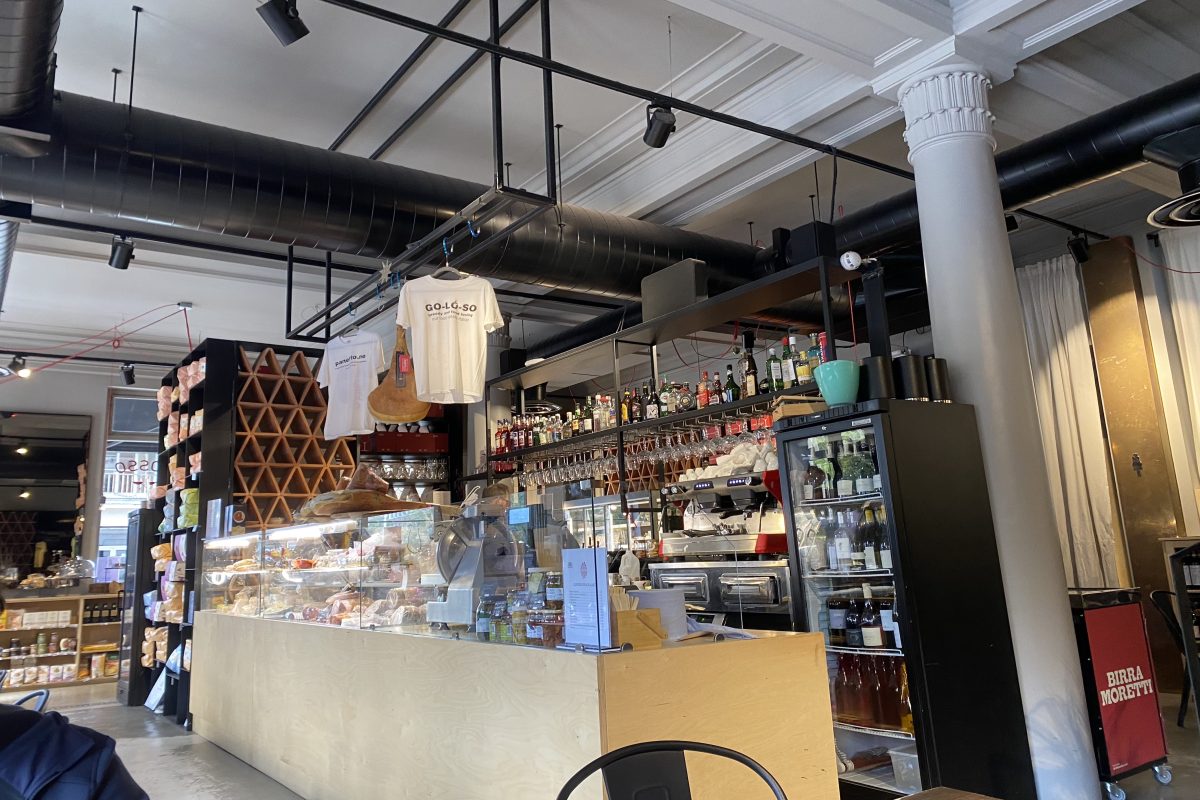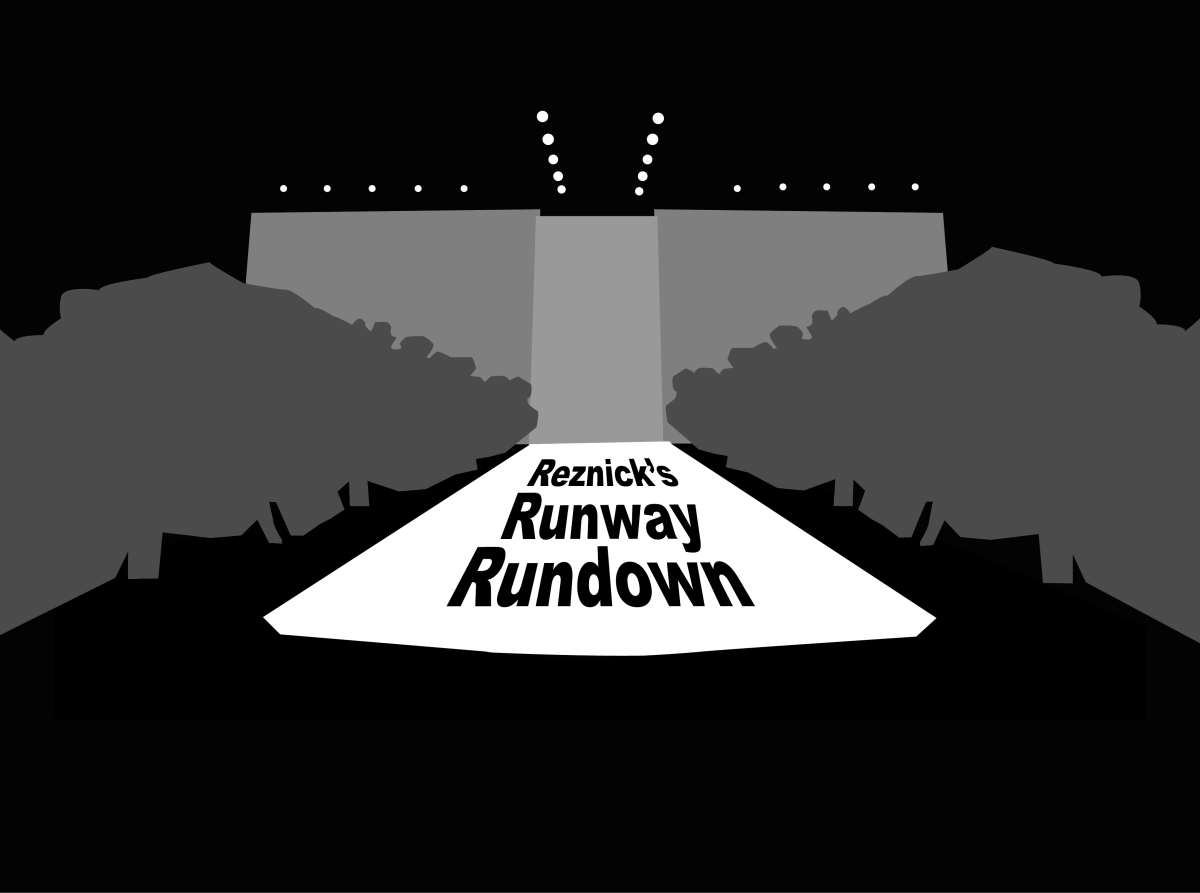In a world where topics of social and environmental justice are becoming more prominent, it is only appropriate that the fashion industry develops a stance regarding the issues that flood our screens and erupt into day-to-day conversation.
Swedish clothing retailer H&M is one label that is creating change through their extensive branding platform. The company released a campaign film for its Fall/Winter 2016 collection, aiming to redefine the word “femininity.” Kicking female stereotypes to the curb, H&M describes their version of femininity as “independent, free-willed, entertaining, opinionated and off-beat.”
The campaign includes the song “She’s a Lady,” which was re-worked by singer/songwriter Jillian Hervey, who is featured in the film. “I want to redefine expectations about people based on their sex and class,” Hervey said in an interview with H&M magazine.
While Hervey finds it exciting to see “diversity and individuality” as a trend, she wishes for “empathy, intelligence and self awareness to be what our society aspires to consume, not division, material needs and fear.” The film acts as a reminder that actions should not conform to gender stereotypes. The advertisement campaign is accompanied by a line of clothing that can be seen in the empowering film, modeled by Hervey and many others including transgender model and activist, Hari Nef. Those who sport the edit of clothing represent a larger theme of acceptance and equality.
Tackling gender stereotypes continues to become more apparent, and the release of H&M’s advert was not the first time the fashion industry embraced this change. In 2016, high-end designer Louis Vuitton released their Spring/Summer collection, where actor Jaden Smith appeared in the womenswear campaign.
In the past, Smith has represented the fluidity of gender, wearing a dress to his 2015 high school prom. The 17-year-old can be seen wearing a skirt and leather jacket, posed next to female models. Smith “represents a generation that has assimilated the codes of true freedom, one that is free of manifestoes and questions about gender,” Nicolas Ghesquière, Artistic Director of Louis Vuitton stated in an interview with The New York Times.
There is a hidden message behind the changes that are evolving into this new industry of fashion. The conventional ways of society are shifting from wear what suits your gender, to wear what suits you. The future of fashion is unisex, and this trend will be continue to break the boundaries that face dress codes and restrictions. We are not going back in time, and there is only more room for more gender equity.
Working with eco-friendly brands and global initiatives, online British fashion and beauty store ASOS, has put their effort into creating a fair-trade edit of clothing and accessories. Launched in 2010, the ASOS Eco Edit aims to target the major issues that surround our environment. With a goal of reaching £10 million by 2020, the edit continues to manufacture clothing with a lower environmental impact. According to ASOS, they believe that by exploring alternative options of production, “we can provide our customers with an even bigger range of truly sustainable fashion.”
H&M has also taken action to address environmental issues, where the company holds high hopes in building a more sustainable future for fashion. “We want to make sustainable fashion choices available, attractive and affordable to as many people as possible,” the company stated. The company remains one of the biggest users of recycled polyester in the world, and has been widely recognized for their stance as an ethical brand.
Speaking at the London College of fashion in 2016, English fashion designer Stella McCartney opened up about her stance regarding animal cruelty and sustainability in fashion. Famous for her faux fur and vegan leather, McCartney has designed a luxury line of clothing that respects the planet. “Fashion is getting away with murder,” the designer said. “I believe in creating pieces that aren’t going to get burnt, that aren’t going to landfills, that aren’t going to damage the environment.”
In 2017, the success of a company goes beyond traditional forms of production. It depends on their willingness to change with the world around them. “It seems to me that fashion is the last industry on the planet to address ethics,” McCartney said.




